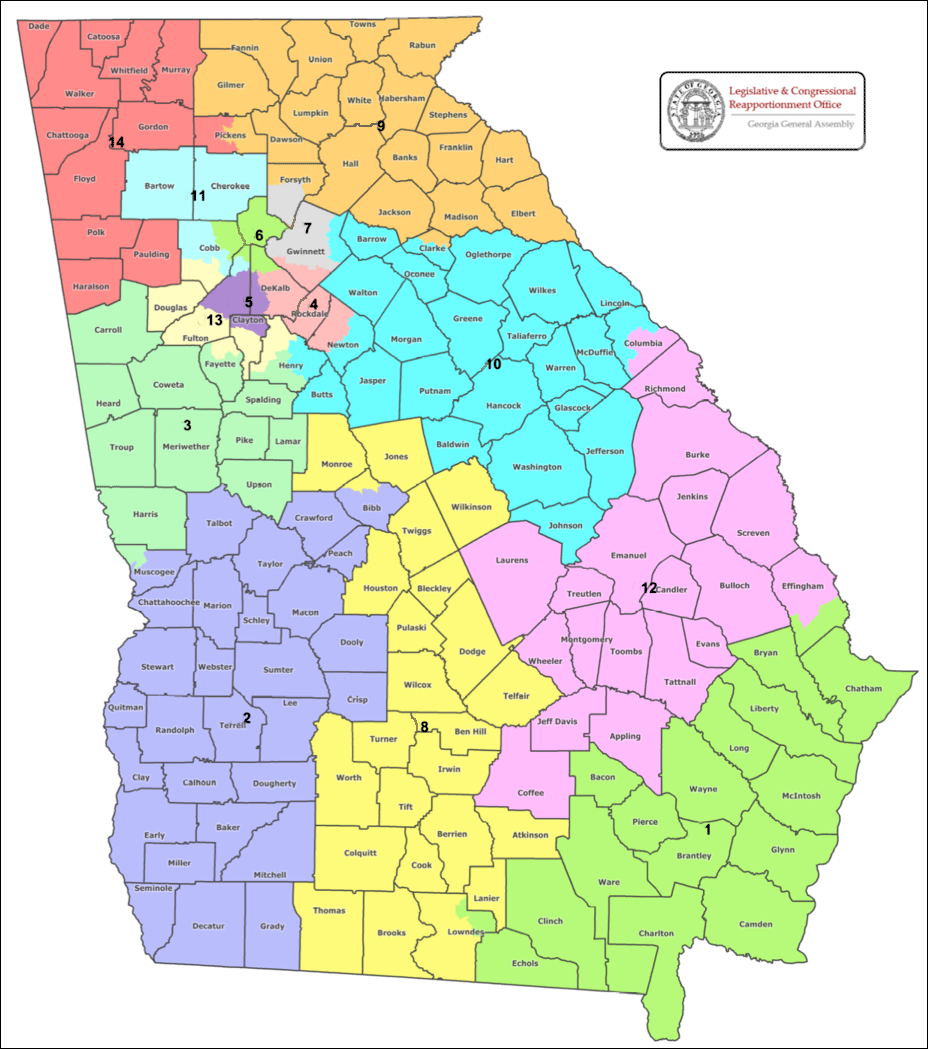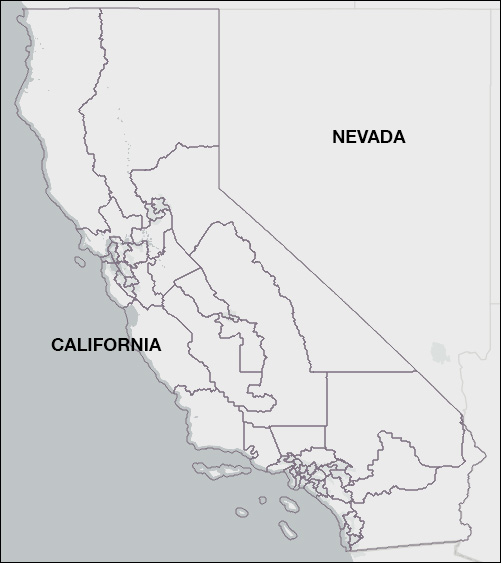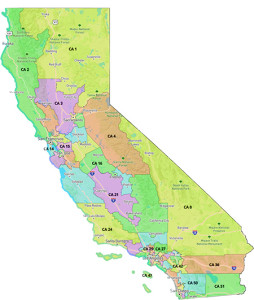By Jim Ellis — Monday, Oct. 2, 2023
President
RFK Jr.: To Announce Independent Run — Media reports are indicating that Robert F. Kennedy Jr. will end his Democratic nomination challenge to President Joe Biden and instead launch a general election campaign. It is unclear whether he will run as an Independent or seek the nomination of an existing minor party.Kennedy came to the realization that the Democratic Party establishment was going to block him from delegate acquisition, which gave him no hope of mounting even a competitive bid against President Biden. Kennedy’s name on the ballot could prove more detrimental to President Biden, though he will also take votes from former President Donald Trump.
The other question that Kennedy must answer is whether his candidacy will simply attempt to affect the general election outcome, or does he strive for a national victory. If the latter, he may have a difficult time in qualifying for the ballot in all 50 states. In any event, Kennedy’s appearance on the general election ballot can certainly change the course of the presidential campaign.
Senate
California: Sen. Feinstein Replacement Options — Sen. Dianne Feinstein’s (D-CA) death on Friday means California Gov. Gavin Newsom (D) will apparently soon appoint an interim replacement to serve the balance of the current senatorial term. Earlier in the year, Gov. Newsom indicated that he would appoint a black woman to the seat if the position opened. This seemed to indicate that Rep. Barbara Lee (D-Oakland) would have the inside track. The two are close and both hail from the San Francisco Bay Area.
Now, however, Gov. Newsom — quite correctly — is saying he will not appoint one of the open seat Senate candidates who are currently vying for one of the two general election qualifying positions that will be determined in the March 5 Super Tuesday all-party jungle primary. Since Rep. Lee is a candidate, it appears she is no longer under consideration for the appointment. Gov. Newsom said he does not want to give one of the candidates, who are all working hard, an unfair advantage in the open primary by appointing one of them to the seat.
Many names are under consideration, but it is unlikely individuals such as Rep. Maxine Waters (D-Los Angeles) and Los Angeles Mayor Karen Bass (D) would give up their current positions to serve in the Senate for just a year. Therefore, Newsom could turn to a senior individual who has served either in elective office or a key appointed position. One such individual who might be considered is retired US Sen. Barbara Boxer (D). Should Newsom go in that direction, and if she would agree to serve again, he would likely receive no objection since he can justify the appointment arguing the statewide voters elected her four times and she could “hit the ground running,” due to her Senate experience. Sen. Boxer served from 1997-2015, after winning election to five terms in the House.
New Jersey: First Post Indictment Poll — Public Policy Polling quickly jumped into the field to test the New Jersey electorate right after Sen. Bob Menendez was indicated. The PPP survey, for the VoteVets Action Fund (Sept. 26-27; 565 New Jersey voters; multiple sampling techniques), explored several potential general election scenarios, none of which looked favorable for the incumbent.
Against a generic Republican opponent, the senator would trail 42-20 percent. If Rep. Andy Kim (D-Moorestown), who has already announced his candidacy, were paired with the generic Republican, he would lead 44-32 percent. In a hypothetical match between Kim and former Gov. Chris Christie (R), though the latter man has already said he will not run for the Senate, the former would lead 46-20 percent. Christie, however, would nip Sen. Menendez 27-24 percent. PPP did not test any Democratic primary pairings, which is the more definitive battle.





